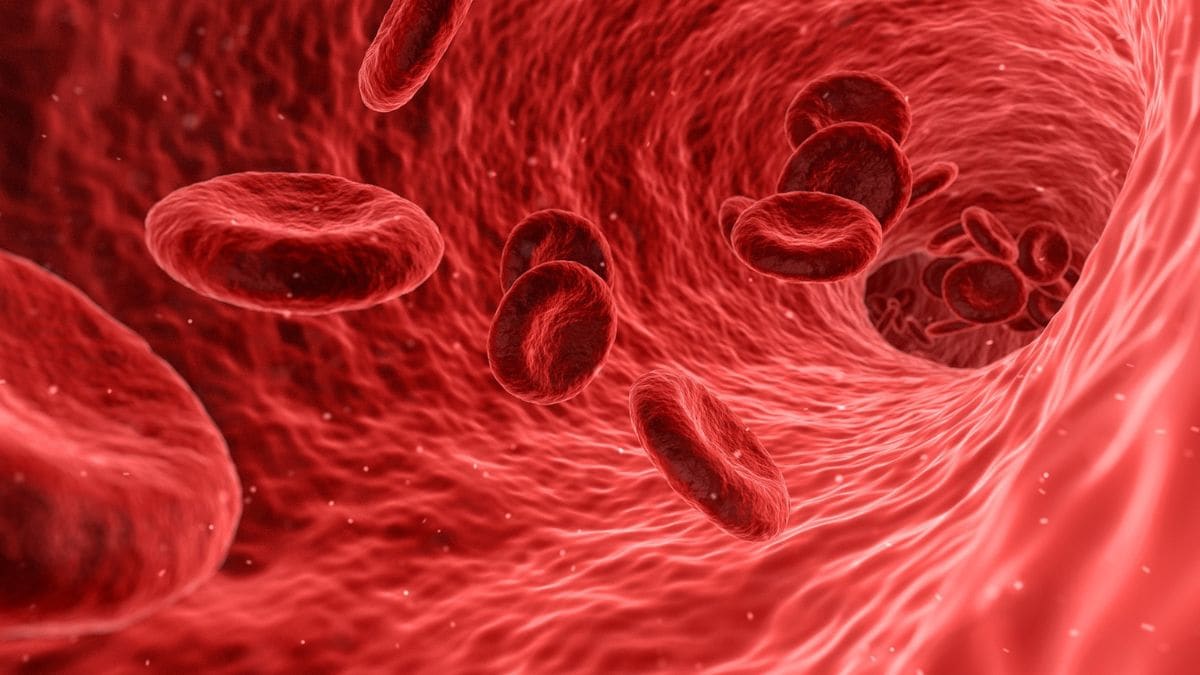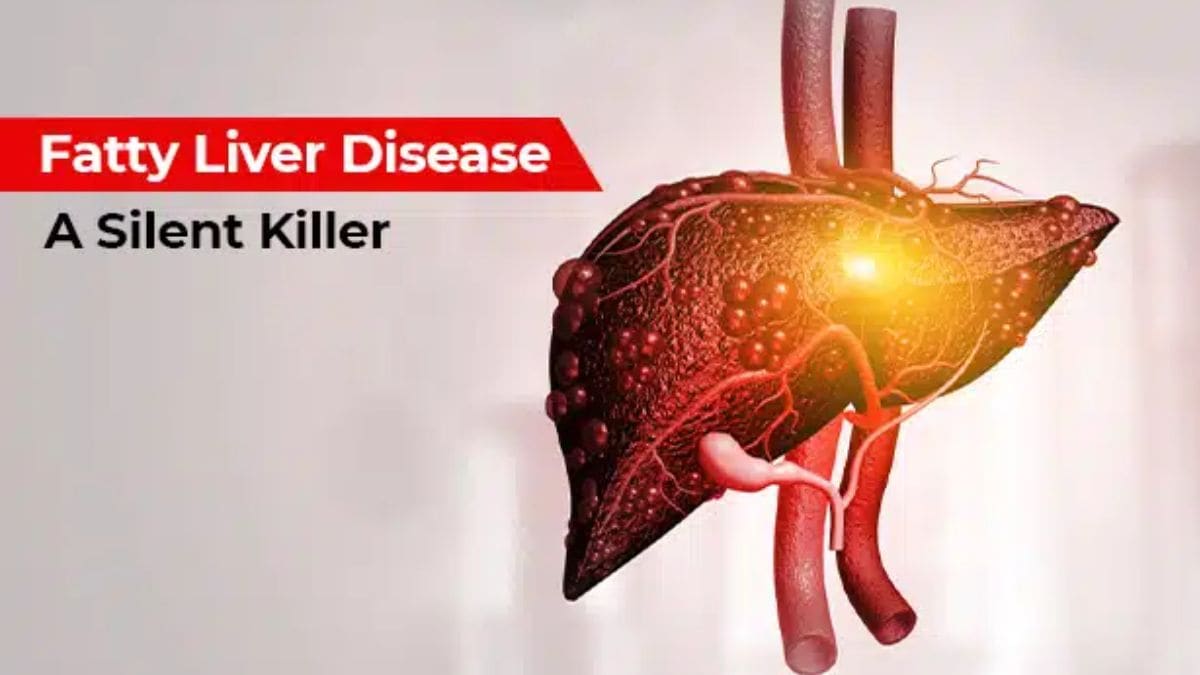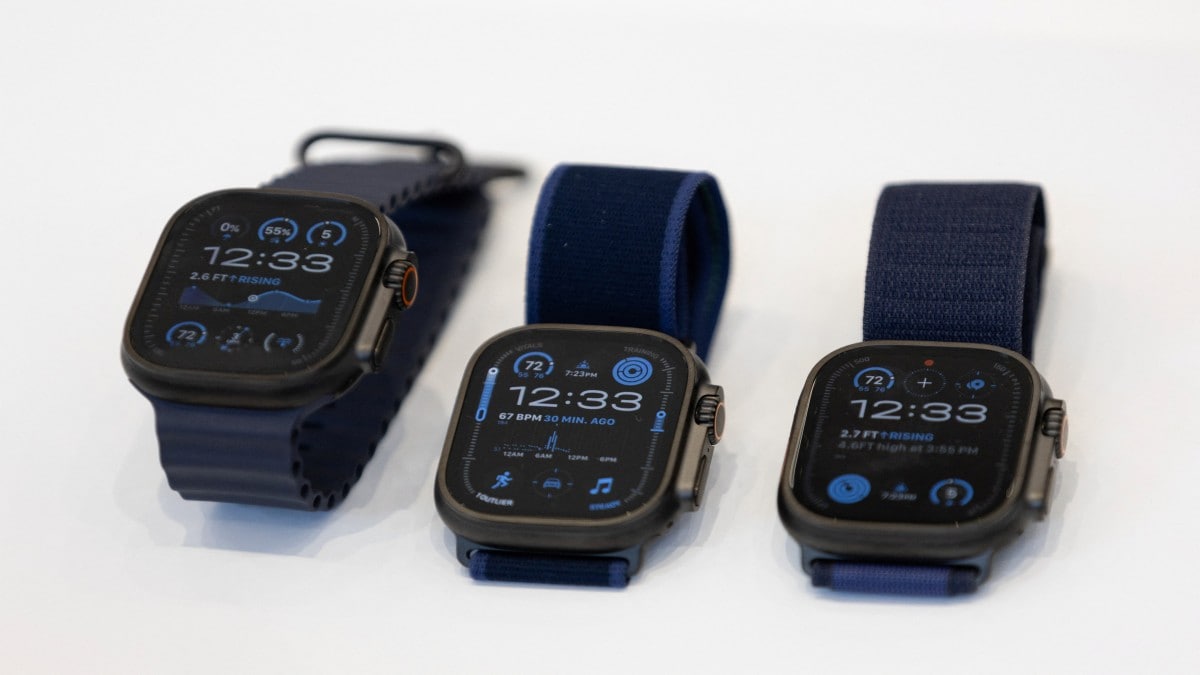Swiss pharma giant Roche announced some very promising results for its weight loss drug from a recent clinical trial. The anti-obesity medication, called CT-388, has even outperformed market leaders like Wegovy and Ozempic. Here’s all you need to know about the medicine. read more
)
Roche's under-trial weight loss drug has delivered promising results that may place it ahead of Ozempic and Wegovy. Image used for representational purpose/Reuters
Swiss pharma giant Roche announced some very promising results for its weight loss drug from a recent clinical trial. The anti-obesity medication, called CT-388, has even outperformed market leaders like Wegovy and Ozempic. We delve into the details of this new drug, highlight the study results, and decode its significance in the context of the obesity and diabetes treatment landscape.
What is CT-388?
CT-388 is a once-weekly injection that belongs to a class of medications known as incretin-based therapies, similar to Ozempic. It works by mimicking gut hormones that help control blood sugar levels and suppress appetite. Specifically, CT-388 targets and activates two receptors in the body, GLP-1 and GIP, which play a key role in regulating food intake and energy absorption.
In a Phase I clinical trial, CT-388 showed significant weight loss results over a 24-week period. Participants who received the drug lost an average of 18.8 per cent of their body weight compared to those who received a placebo. The data highlights that 100 per cent of participants treated with CT-388 achieved more than 5 per cent weight loss.
As many as 85 per cent of the study participants achieved more than 10 per cent weight loss. Around 70 per cent of the total number of participants who received the drug achieved more than 15 per cent of their body weight. Roche reported that 45 per cent of the participants achieved more than 20 per cent weight loss.
Additionally, the treatment was well-tolerated, with the most common side effects being mild to moderate gastrointestinal issues. These issues are well-known side effects of this class of medication and have been noted in Ozempic and Wegovy as well.
Roche reported that there was a significant improvement in blood sugar control. All participants with pre-diabetes at the start of the trial became normoglycemic (having normal blood sugar levels) after 24 weeks of treatment with CT-388, while the glycemic status of participants on the placebo remained largely unchanged.
How does it compare to other weight-loss drugs?
CT-388’s performance appears to surpass that of existing market leaders such as Wegovy and Ozempic. Wegovy, developed by Novo Nordisk, has been shown to help users lose about 15 per cent of their body weight over a period of 68 weeks. Much lesser than CT-388’s effect of 18.8 per cent weight loss in just 24 weeks. Additionally, clinical trials of semaglutide—the active ingredient in both Wegovy and Ozempic—typically result in around a 10 per cent reduction in body weight after six months, which is nearly half compared the results observed with CT-388.
Why is CT-388 significant?
The urgency of addressing obesity cannot be overstated. Obesity is linked to numerous comorbidities, including type 2 diabetes, heart illnesses, non-alcoholic fatty liver disease, and chronic kidney disease. The World Health Organization (WHO) estimates that by 2035, over four billion people, or about 50 per cent of the global population, will be impacted by obesity or being overweight. This growing prevalence places a tremendous burden on healthcare systems worldwide.
The market for anti-obesity medications is substantial and rapidly expanding. In 2023, the global market for these drugs was valued at $6 billion annually. Analysts from Goldman Sachs project that this market could grow more than 16 times, reaching $100 billion by 2030. This growth underscores the significant demand for effective obesity treatments and the potential for new drugs like CT-388 to capture a large share of this market.
For competitors like Eli Lilly and Novo Nordisk, the emergence of CT-388 represents a significant challenge. These companies currently dominate the market with their respective products, but CT-388’s superior efficacy could shift market dynamics, pushing them to innovate further and potentially lowering prices due to increased competition.
What about future trials?
Roche is continuing to test CT-388 in ongoing Phase I trials. An additional cohort will evaluate obese patients with type 2 diabetes over a 12-week treatment period, with results expected in the second half of 2024. The primary goals of these trials are to assess the safety and tolerability of CT-388, with secondary endpoints focusing on weight loss and glucose homeostasis.
The positive results from the initial trials are highly encouraging for the future development of CT-388 as a best-in-class therapy for both obesity and type 2 diabetes. With its promising efficacy and safety profile, CT-388 has the potential to make a significant impact on the treatment landscape, offering new hope to millions of individuals struggling with obesity and its associated health challenges.

 4 months ago
32
4 months ago
32


















)
)
)
)
)
)
)
 English (US) ·
English (US) ·